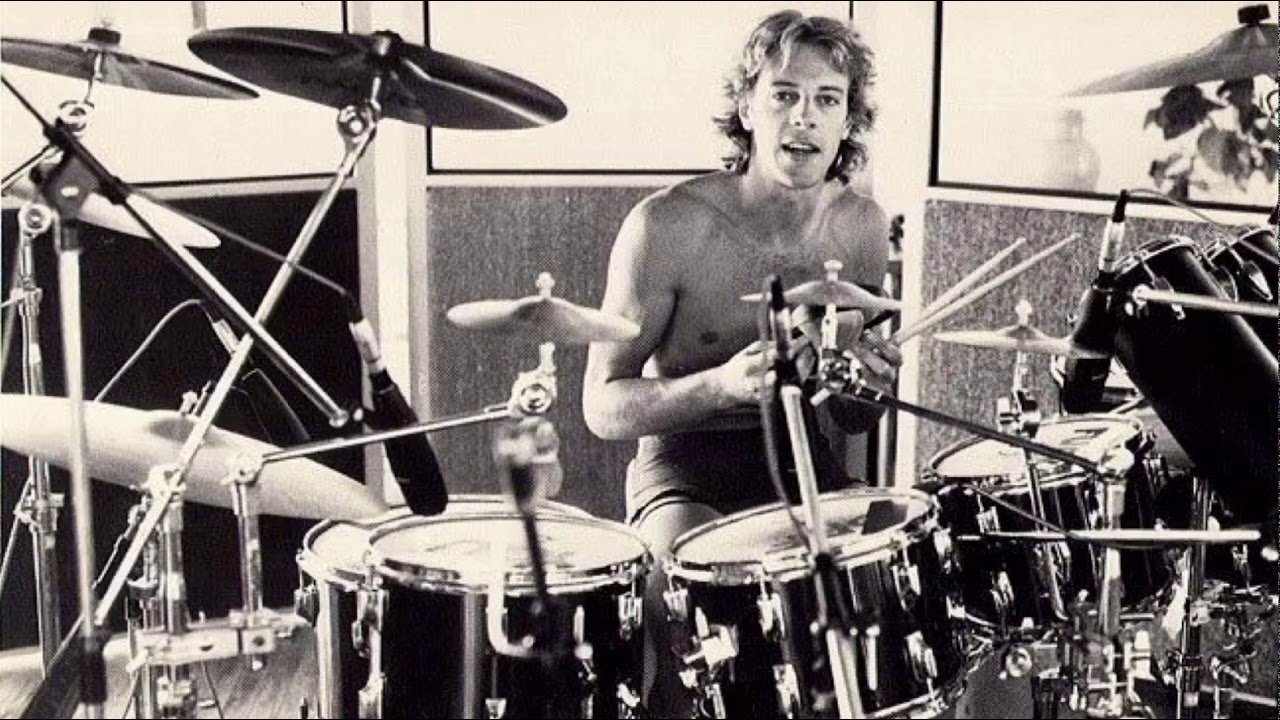The Police, a name synonymous with rock and roll greatness, was forged in the heart of London in 1977, a trio of musical legends who, despite a relatively short discography, managed to captivate the world. This powerhouse consisted of the iconic Sting on bass and vocals, the virtuoso guitarist Andy Summers, and the American percussionist extraordinaire, Stewart Copeland.
Their legacy extends far beyond the five albums they produced, with more than 75 million records sold worldwide. In this article, we delve into the complexities of The Police’s dynamic, particularly the troubled relationship between Stewart Copeland and Sting.
The Police’s music was a fusion of Sting’s soulful lyrics, Andy Summers’ mesmerizing guitar riffs, and Stewart Copeland’s powerful drumming. Together, they crafted some of the most memorable hits in the history of rock music. But behind this harmonious symphony lay a dynamic that was anything but serene.
Stewart Copeland, known for his exceptional drumming skills and vibrant personality, opened up about their intricate relationship in an interview with Indulge Express. His candid insights shed light on why The Police, despite the immense love they share, would likely never reunite to create music again.
Stewart Copeland, the exuberant and boisterous drummer, paints a vivid picture of the differences that ultimately led to their separation. “Because we’re birds of a different feather,” Copeland begins. “You know, Sting is quiet and deep. I am noisy and shallow. And if I’m having a party, having fun laughing with my goofy friends, Sting walks in, and suddenly, I’m not funny anymore.”
This dichotomy goes beyond mere personality clashes; it’s an inherent clash of musical styles. Stewart’s drumming is akin to “world war three,” a cacophony of sound that electrified audiences. “I’m just here to set the place on fire,” Copeland quips. “And he has to sing his beautiful songs with this battle of this cacophony, this disaster area going on over here behind his left shoulder. It’s just not a good fit anymore.”
Sting, known for his poetic and deep songwriting, required a stable foundation from his drummer and rhythm section to leap into the stratosphere of musical creativity. Copeland’s role, however, was more disruptive and intense. “My mission is to burn down the building,” he says, emphasizing the sharp contrast in their musical objectives. “His mission is much deeper than that, and much more spiritual.”
It’s not just about the sound. It’s about the energy and purpose that each member brought to the table. Stewart Copeland is the embodiment of chaos and energy, while Sting is the harbinger of serenity and tranquility. These differences that made them so unique as individuals were the very reason their creative partnership became increasingly unsustainable.
In the end, it’s essential to note that despite these creative differences, Stewart Copeland and Sting share a profound bond. Copeland describes it as a sibling-like love. “We love each other like siblings. But musically, it’s no longer a good fit.”
It’s their shared laughter, memories, and camaraderie that keep their friendship strong. They find solace in their shared history and the hilarity of reminiscing about their youthful escapades. The chemistry that initially brought them together as The Police persists, albeit in a different form.
In summary, the troubled relationship between Stewart Copeland and Sting, the powerhouse behind The Police, is a testament to the complexities of creative partnerships. Despite their enduring friendship and shared history, the chasm between their musical aspirations has made a reunion for musical collaboration unlikely.
The Police may have left the studio and stage, but their legacy continues to resonate through the timeless melodies they created together. While we may never hear new music from this iconic trio, their individual contributions and the impact they had on the music industry will forever be etched in history.
